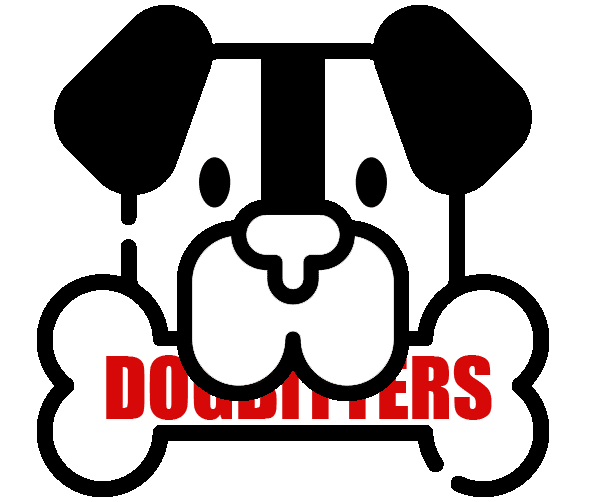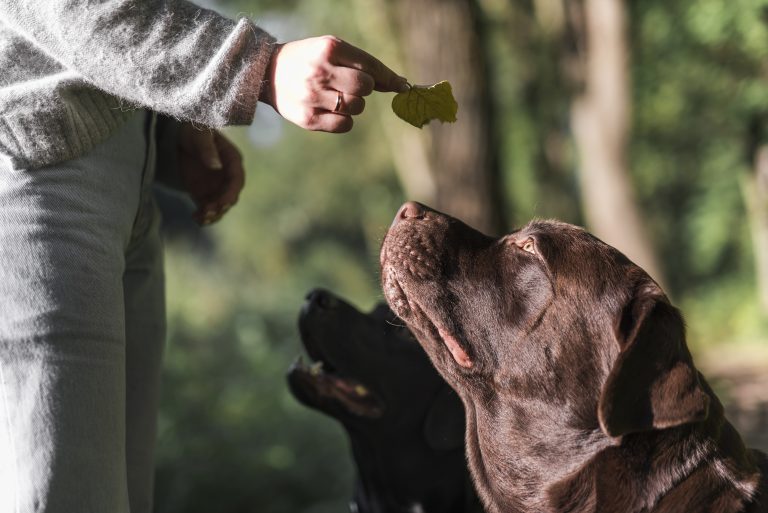Food for large dogs is an important and common topic in the world of dog owners. Large dogs need a special diet to develop healthily and maintain their increased level of physical activity. Food for large dogs should be high in protein, fat, carbohydrates, and essential minerals like calcium, phosphorus, and potassium.
It is important to choose the appropriate food for your dog’s age and monitor the amount of food given to avoid health problems such as obesity. In addition, in some cases, large dogs may benefit from dietary supplements to improve their general condition and health.
In this article, we will explore in more detail the important aspects to consider when choosing and administering food for large dogs.
CONTENT:
- Consult your veterinarian
- Choose the right food for your large dog
- Choose the right food for your dog’s age
- Monitor the amount of food
- Pay attention to dietary supplements
- Make sure your dog always has access to clean water
Consult your veterinarian
The first step in ensuring a healthy diet for your large dog is to talk to your veterinarian. He can give you personalized advice and guidance on the right types of food and amounts for your dog based on your dog’s age, weight, and level of physical activity.
Choose the right food for your large dog
Choosing the right food for your large dog is essential to maintaining your pet’s health and well-being. In general, food for large dogs should contain more protein, carbohydrates and fat than food for small or medium dogs. Additionally, it is important to check the food label and make sure the product contains all the nutrients your dog needs.
Proteins are essential for the development and maintenance of the dog’s muscles, as well as for strengthening the immune system. Carbohydrates and fats are important sources of energy for large dogs, which have an increased level of physical activity and require a large amount of energy to support their metabolism.
In terms of minerals, calcium is an important element in large dog food because it helps maintain healthy bones and teeth. In addition, minerals such as phosphorus, potassium and sodium are also important for overall dog health and should be included in your dog’s diet.
Choose the right food for your dog’s age
Choosing the right food for your large dog’s age is another important aspect of ensuring a healthy and balanced diet. Large dogs go through different periods of growth and development in the first months of life, and their diet must be adapted accordingly. Large dogs also have a shorter lifespan compared to small or medium dogs, which means their nutritional needs change over time.
For large puppies, food should contain more protein and calories to support the growth and development of muscles and bones. Food should be rich in calcium and other essential minerals for healthy bones and teeth.
Large adult dogs also require a balanced diet, but this must be adapted to their level of physical activity. If your dog is less active, a lower-calorie diet may be needed to prevent overweight and other related health problems.
For tall seniors, food should contain fewer calories and fat, but more protein and fiber to support digestive and muscle health. It may also be necessary to supplement the diet with vitamins and minerals to maintain the dog’s overall health.
Monitor the amount of food for large dogs
Monitoring the amount of food you give your large dog is essential to maintaining a healthy and balanced diet. Large dogs have a tendency to eat more than necessary because they require a large amount of food to support their metabolism and increased level of physical activity.
Obesity is a common problem in large dogs and can lead to serious health problems such as diabetes, heart disease, joint and respiratory problems. Therefore, it is important to monitor the amount of food you give your dog and adjust it according to the level of physical activity and weight of the animal.
To monitor the amount of food, you can use a food ball and make sure you are giving your dog adequate portions based on his weight and level of physical activity. You can also divide the food into several portions throughout the day to give your dog a balanced and healthy diet.
It is important to remember that every dog is different and may have different nutritional and caloric needs. Therefore, talk to your vet to get personalized advice on the right amount and type of food for your large dog.
Pay attention to dietary supplements
Paying attention to dietary supplements is another important aspect of providing a healthy and balanced diet for your large dog. In some cases, large dogs may need nutritional supplements to improve their general condition and health.
Dietary supplements recommended for large dogs include omega-3 and glucosamine. Omega-3 supplements can help maintain healthy skin and coat in dogs, as well as reduce inflammation and pain in skin and joint diseases. Glucosamine is a dietary supplement recommended for large dogs with joint problems such as hip dysplasia or osteoarthritis. Glucosamine can help reduce inflammation and pain, as well as improve joint mobility and function.
It is important to always speak with your veterinarian before adding any dietary supplements to your large dog’s diet. He can help you choose the right supplements for your dog’s specific needs and recommend appropriate dosages.
It is also important to remember that dietary supplements should not replace a balanced and healthy diet. Dietary supplements can be an additional aid in improving your dog’s health, but they should not be the only element of the pet’s diet.
Make sure your dog always has access to clean water
It is important to ensure your dog has access to clean, fresh water at all times. Large dogs consume a large amount of water and can suffer dehydration if they do not have enough water available. Additionally, make sure that the water bowl is placed in an accessible place and that it is cleaned frequently.
In conclusion, providing a suitable diet for large dogs is essential to maintaining the health and well-being of the animal. Consult your veterinarian and choose the appropriate food and the right amount for your large dog. Monitor the amount of food you give your pet and make sure it always has access to clean, fresh water. With a balanced and healthy diet, your large dog will be happy and healthy for many years to come.

